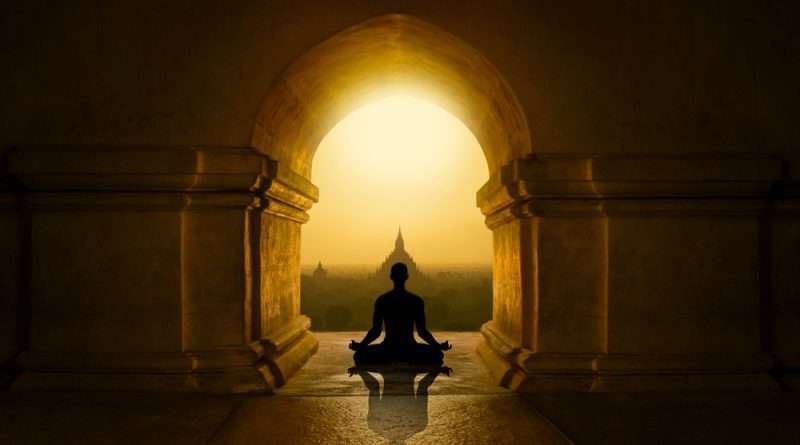The Grandeur of Indian Festivals: Experiencing Cultural Celebrations
India, often referred to as the land of festivals, is renowned for its vibrant and diverse cultural celebrations that showcase the country’s rich heritage, traditions, and spirituality. From colorful street processions and lively music and dance performances to elaborate rituals and ancient customs, Indian festivals offer a glimpse into the country’s cultural tapestry and provide an immersive experience for travelers seeking to explore the essence of India. In this article, we delve into the grandeur of Indian festivals, highlighting some of the most iconic celebrations that take place across the country and the unique experiences they offer to participants.
INDIAN VISA FOR NAURUAN CITIZENS
Diwali – Festival of Lights
Diwali, also known as the Festival of Lights, is one of the most widely celebrated festivals in India and holds immense cultural and religious significance for Hindus, Jains, Sikhs, and Buddhists. Observed over five days, Diwali marks the triumph of light over darkness and good over evil, symbolizing the victory of knowledge over ignorance. During Diwali, homes and public spaces are adorned with colorful lights, oil lamps, and decorative rangoli patterns, creating a festive atmosphere of joy and celebration. Families come together to exchange gifts, share sweets and delicacies, and offer prayers to the goddess Lakshmi for prosperity and good fortune. Fireworks display light up the night sky, and streets come alive with music, dance, and revelry, making Diwali a truly magical and unforgettable experience for all who participate.
Holi – Festival of Colors
Holi, known as the Festival of Colors, is a joyous celebration that marks the arrival of spring and the triumph of good over evil. During Holi, people of all ages come together to engage in spirited water fights and playfully douse each other with vibrant colored powders, creating a kaleidoscope of hues that blankets the streets and fills the air with laughter and joy. Traditional music and dance performances add to the festive ambiance, and street vendors sell an array of sweets, snacks, and traditional beverages such as thandai. Holi is a time for forgiveness, renewal, and camaraderie, as people come together to celebrate the onset of spring and the promise of new beginnings.
Durga Puja – Festival of Goddess Durga
Durga Puja, also known as Navratri or Durga Puja, is a ten-day festival dedicated to the worship of the goddess Durga, who symbolizes feminine power and divine energy. During Durga Puja, elaborate pandals (temporary shrines) are erected in neighborhoods and communities, adorned with intricate decorations and colorful lighting. Idols of the goddess Durga are worshipped with fervor and devotion, and elaborate rituals and ceremonies are performed to invoke her blessings and seek protection from evil forces. The festival culminates in the immersion of Durga idols in rivers and water bodies, accompanied by processions, music, and dance, marking the departure of the goddess and the renewal of life.
Eid al-Fitr – Festival of Breaking the Fast
Eid al-Fitr, also known as the Festival of Breaking the Fast, is a joyous celebration that marks the end of Ramadan, the Islamic holy month of fasting. On Eid al-Fitr, Muslims gather for communal prayers at mosques, offer special prayers of gratitude, and exchange greetings and gifts with family and friends. Traditional feasts are prepared, featuring an array of savory dishes, sweets, and desserts, including biryani, kebabs, and sheer khurma. Charity and generosity are central themes of Eid al-Fitr, as Muslims are encouraged to give alms to the less fortunate and share their blessings with those in need. The festival is a time for reflection, gratitude, and celebration, as Muslims come together to commemorate the end of Ramadan and reaffirm their commitment to faith, community, and compassion.
INDIAN VISA FOR NICARAGUAN CITIZENS
Navratri – Festival of Nine Nights
Navratri, meaning “nine nights,” is a Hindu festival dedicated to the worship of the goddess Durga and her various manifestations. Celebrated with great fervor and enthusiasm across India, Navratri is marked by colorful dance performances, known as Garba and Dandiya Raas, which involve rhythmic movements and energetic music played with traditional instruments such as the dhol and dholak. During Navratri, devotees observe fasts, offer prayers, and participate in religious ceremonies to honor the goddess Durga and seek her blessings for health, prosperity, and success. The festival culminates in the celebration of Dussehra, which commemorates the victory of Lord Rama over the demon king Ravana and symbolizes the triumph of good over evil.
Conclusion
Indian festivals are a reflection of the country’s rich cultural heritage, spiritual traditions, and vibrant community spirit. From the dazzling lights of Diwali to the riotous colors of Holi, the grandeur of Durga Puja, the warmth of Eid al-Fitr, and the rhythmic celebrations of Navratri, each festival offers a unique opportunity to experience the essence of India’s diverse cultures and traditions. Whether participating in rituals and ceremonies, savoring traditional delicacies, or joining in the festive revelry, travelers can immerse themselves in the joy and beauty of Indian festivals and create unforgettable memories that will last a lifetime. So come, experience the grandeur of Indian festivals and celebrate the rich tapestry of culture, spirituality, and community that defines this vibrant and dynamic land.
Read more: Solo Travel in India: Tips for Independent Explorers
